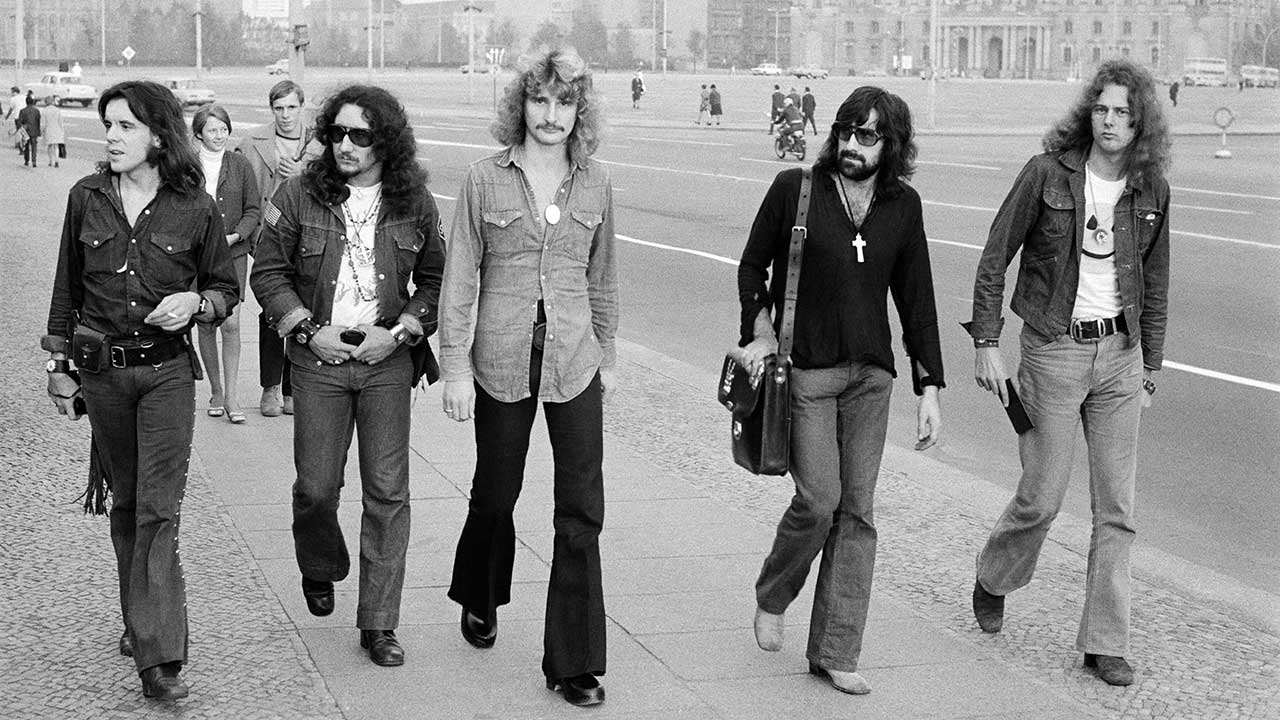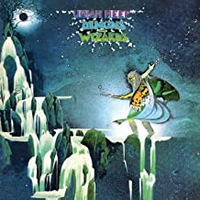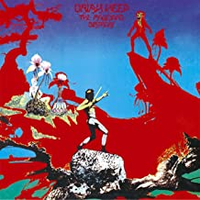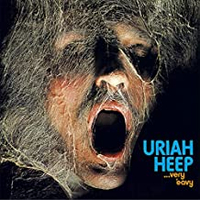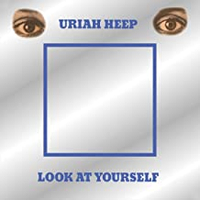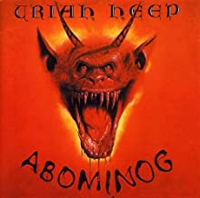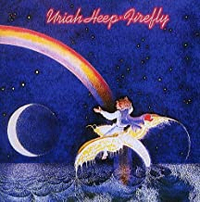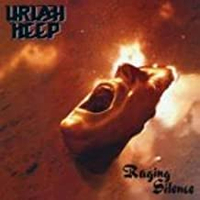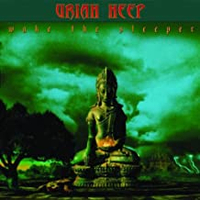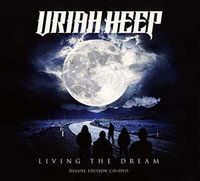Since their formation back in 1969, Uriah Heep have never been hip, though for all but a few of those years they have been incredibly popular – with the individuals who matter, at least.
Consistently reviled by the so-called tastemakers, Heep forged a reputation as a band of the people, daubing a double-disc concert release Live January 73 with the barbs of their critics (one of whom once chided with the utmost sarcasm: “Ken Hensley’s lyrics give some glimpse into why he’s highly regarded in foreign parts”) on the way to selling 30 million albums.
It wasn’t just the press, either. A run of successful releases that included Demons And Wizards and The Magician’s Birthday – both released in 1972 – generated the trappings of superstardom, but Heep’s fellow artists could be equally cruel. It speaks volumes of the band’s stature that in attempting to appoint a successor to David Byron, the vocalist they had sacked following the disastrous High And Mighty album, David Coverdale, Paul Rodgers and Ian Hunter all auditioned to join the band.
Unfortunately, the fact that each potential replacement declined when offered the position – Hunter claiming to have passed on a deal worth £5,000 a week; footballers’ wages back in 1976 – is equally revealing of Heep’s lack of street cred.
And yet, Uriah Heep have always had their niche. Performing hard rock with a progressive edge, they exerted a strong influence upon the genre we now know as heavy metal, but had the misfortune to follow in the footsteps of Led Zeppelin, Deep Purple and Black Sabbath.
“By the time that Heep came out, those bands were all established acts,” reflects guitarist Mick Box, the band’s last remaining original member. “The reaction was: ‘Oh, not another one’. I honestly don’t think that we ever recovered from that.”

